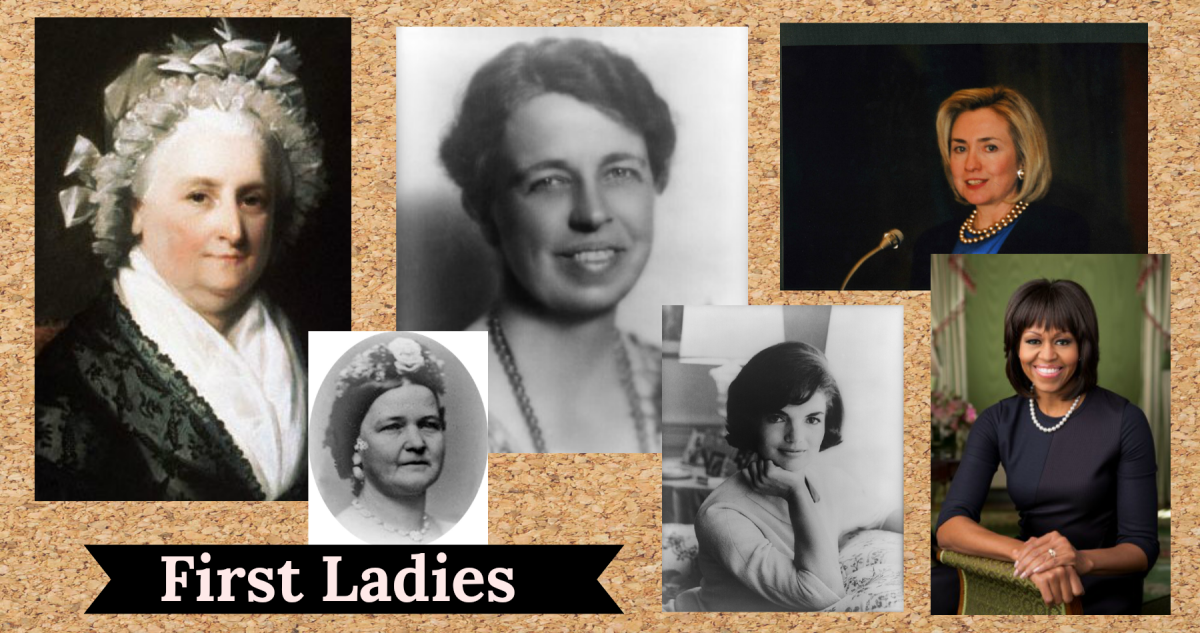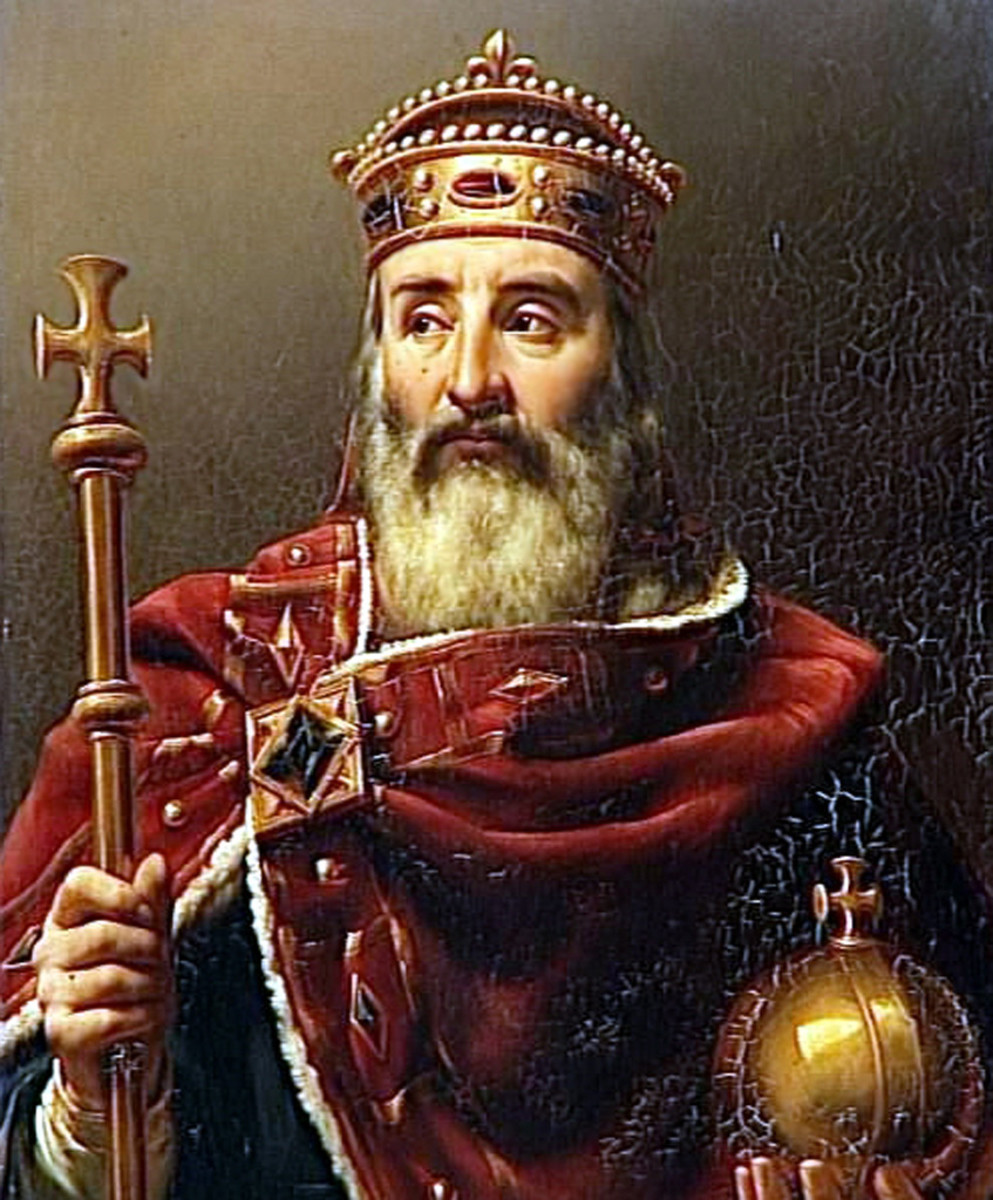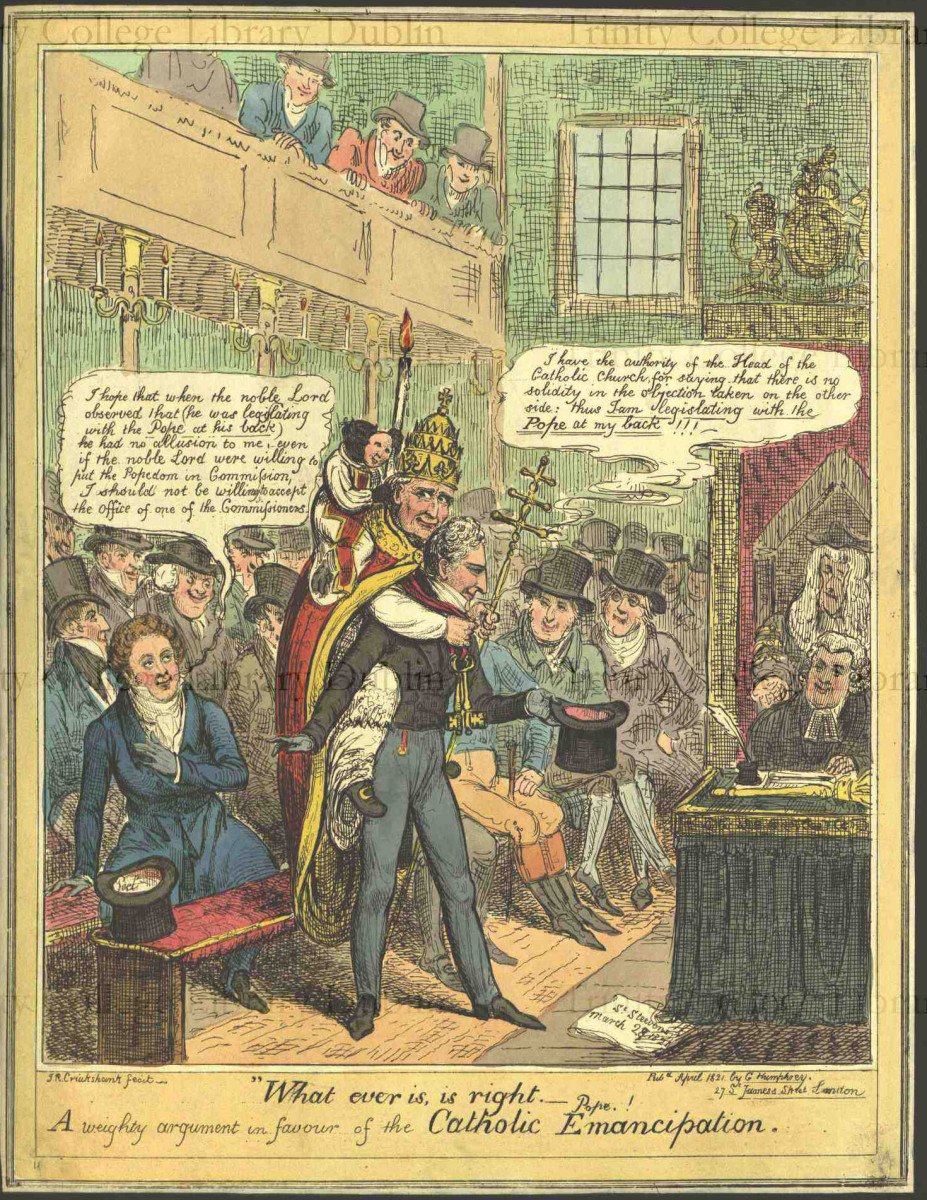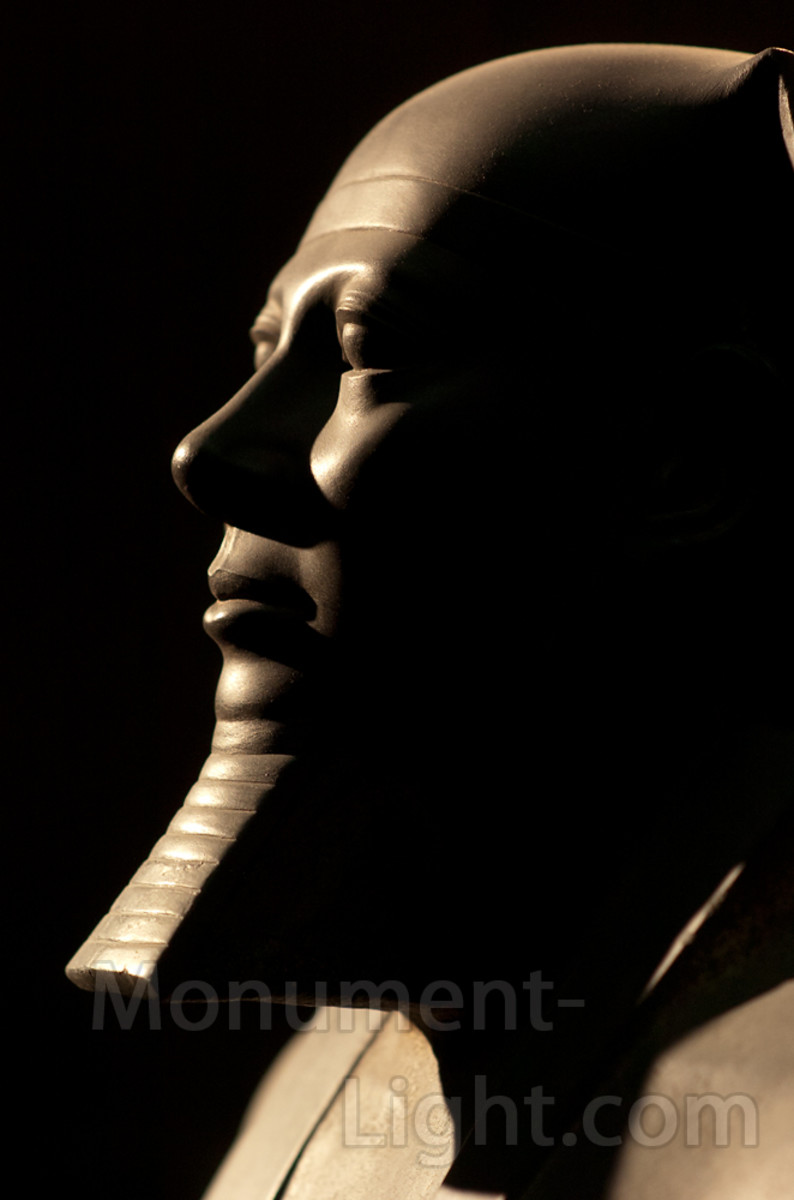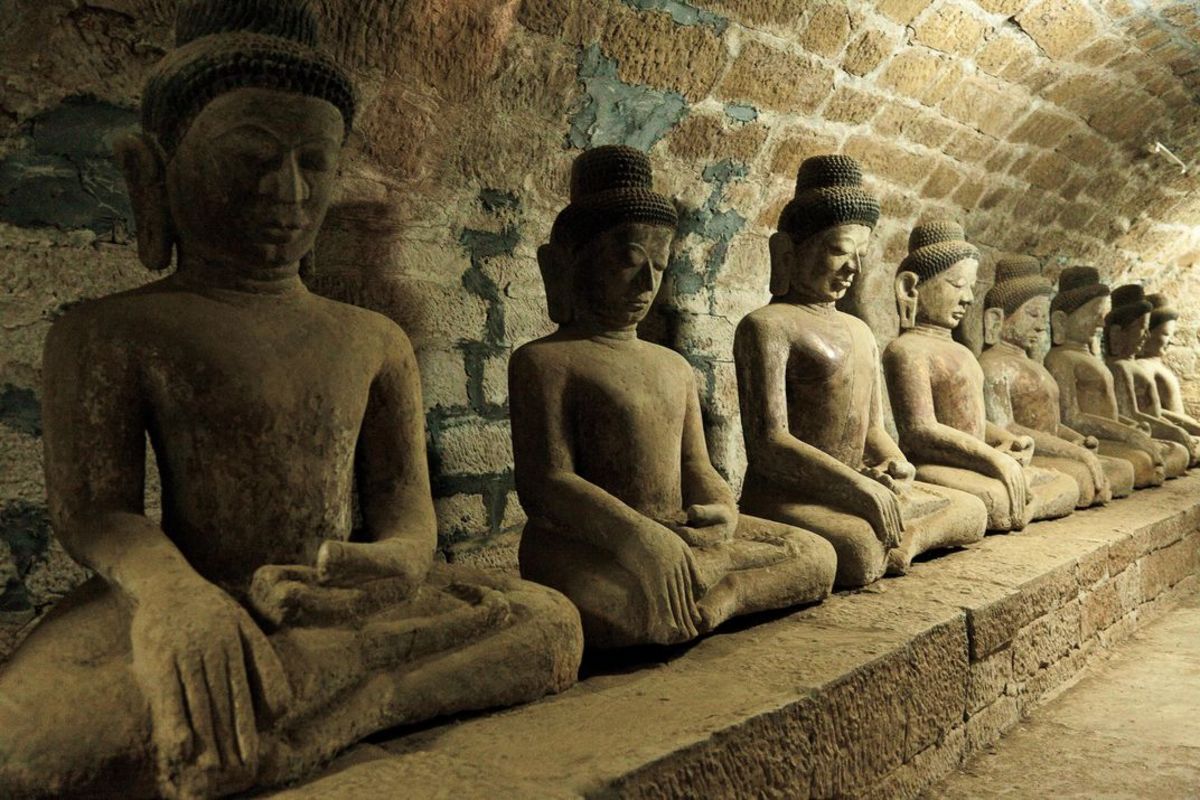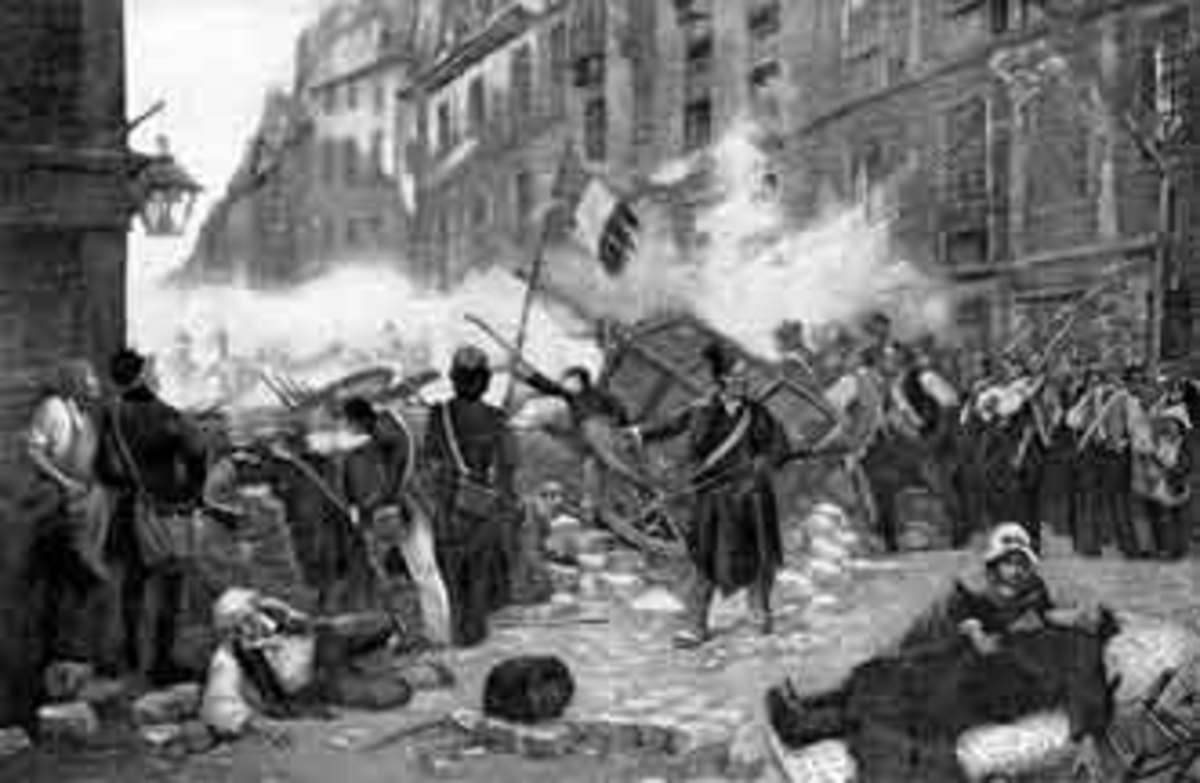Great Female leaders in History
This list of leaders is by no way comprehensive. Keep in mind some choices may be controversial. As with my list of male leaders, a woman does not have to be a good person to be a good leader.
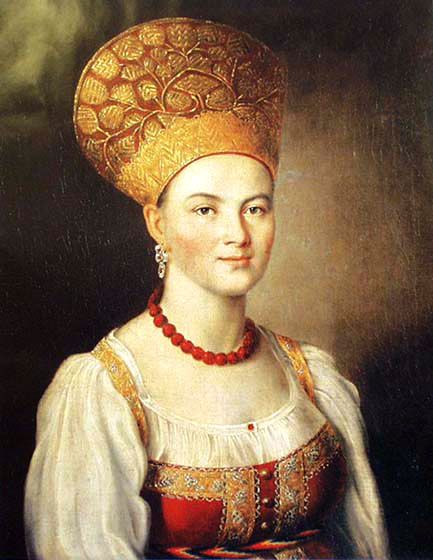
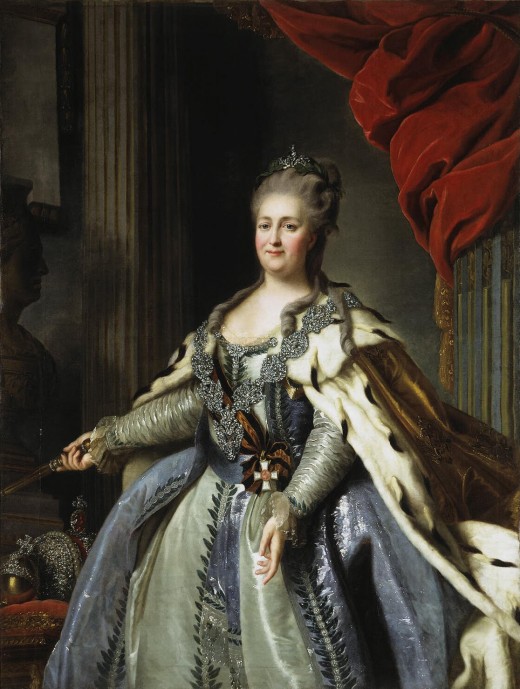
Catherine the Great of Russia (1729-1796)
Though not a Russian by birth Catherine left behind an astounding legacy and had been determined throughout a reign lasting 34 years to leave Russia in a stronger state than the excesses of Elizabeth Petrovna and Catherine's husband the Empress' Elizabeth's nephew Peter III had allowed for.
After greatly expanding Russia's borders Catherine turned her attention to reform, she reformed many areas of the government and public forums by reforming industry, education, health care and administration.
Catherine encouraged all forms of agriculture and even offered grants to those willing to farm and ranch to buy land, new equipment and to learn Western styles of agriculture. In addition to agriculture Catherine invited professionals from all over the world to set up shop in Russia, offering tax cuts, salaries, homes etc and decreed that anyone could open a factory anywhere in Russia, except for the two capital/royal cities. This decree saw a large boom in production and for the first time Russia was mass producing items such as linens, pottery, household goods etc. By the end of Catherine's reign there were over 3000 factories in a country that only had a few hundred before her reforms.
Once Catherine finished reforming industry she turned her attention to education and what she found was depressing. Catherine in an effort to educate her people established and funded the first ever school for girls in Russia, the first medical college in Russia and set up town schools that were required to have at least six teachers for provincial areas and districts with lower population numbers were required to have at least two teachers. If towns had no finances to make a building dedicated to education the education decrees passed by Catherine made providing a building for a school the responsibility of the imperial government. For especially driven learners in her county Catherine also offered educational grants for studying abroad, and she made public education free in an effort to encourage families to send children to school.
Next Catherine turned her attention to the health care system, which at the time unless you were active duty military there wasn't one. Peter the Great only built medical wards for the soldiers, sailors and the guard regiments; medical professionals were not available to the general public other than those that were self taught healers, a problem that neither Elizabeth Petrovna or Peter III bothered to address. In 1775 Catherine issued medical decrees requiring that every province and district have at least one physician, at least one surgeon with two surgical assistants, two apprentices (Interns) and an apothecary (Pharmacy). In addition to these sweeping changes in health care availability Catherine established mid-wife schools and lying-in hospitals (hospices).
While Catherine did make terrible decisions for her people such as making serfdom for life and making it impossible for many of her people to leave the land they were born on she did try to improve conditions for a vast majority and was known to have regretted serfdom and to have said that she hoped it would be abolished by the end of her grandsons reign.
The laws ought to be so framed as to secure the safety of every citizen as much as possible. ... Political liberty does not consist in the notion that a man may do whatever he pleases; liberty is the right to do whatsoever the laws allow.-Catherine the Great
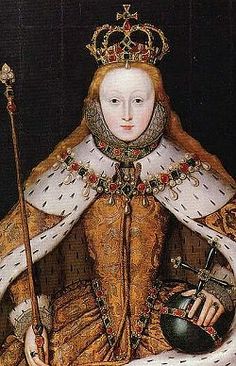
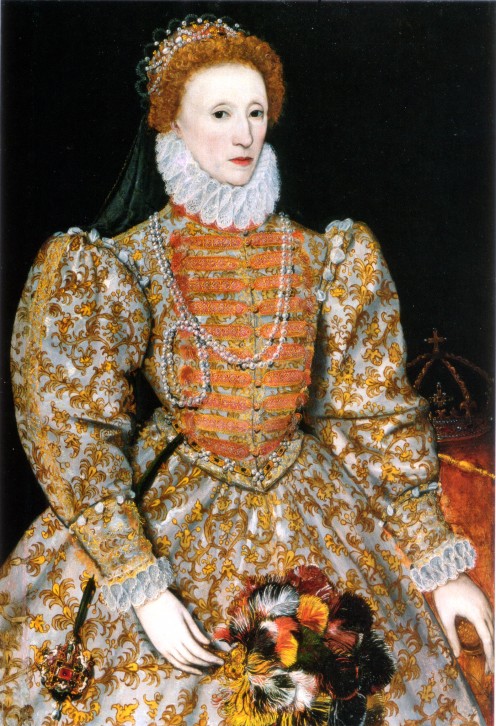
Elizabeth I of England (1533-1603)
Unlike many rules of the time who did not bother to educate themselves Elizabeth was quite gifted linguistically and could read, speak and write in at least six languages.
Many rulers could only speak their own language and didn't read or write at all. Elizabeth's reign saw a tremendous increase in national literacy and the arts which she was a big patron of.
The reign of Elizabeth also saw a significant expansion beyond her own borders and exploration of the world by ship captains was greatly encouraged and rewarded. In addition to exploration Elizabeth also encouraged the advancement of scientific study and experimentation.
When Elizabeth succeeded her sister Mary I she inherited a very poor, uneducated country, but by the time of her death in 1603 England was one of the most powerful and prosperous countries in the world, and that is why her reign is known as England's "Golden Age".
"There will never Queen sit in my seat with more zeal to my country, care to my subjects and that will sooner with willingness venture her life for your good and safety than myself. For it is my desire to live nor reign no longer than my life and reign shall be for your good. And though you have had, and may have, many princes more mighty and wise sitting in this seat, yet you never had nor shall have, any that will be more careful and loving." -Elizabeth 1601
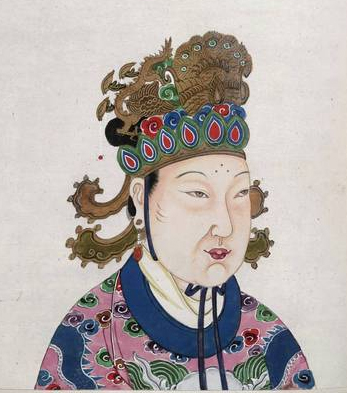
Wu Zetian of China (624-705)
Though her rise to power was both cold-blooded and bloody Wu Zetian was nonetheless a very able and intelligent ruler.
Wu Zetian helped China's development by the construction of irrigation systems, reforming agriculture in China as well as commissioning farming text books, allowing peasant farmers the use of more land and evaluating officials based on abilities and intellect.
Empress Wu Zetian did not tolerate incompetence in her officials , as the saying goes she did not "suffer fools gladly" and would dismiss or even execute them depending on just how incompetent they were. Because of this policy Wu Zetian had one of the most effective governments in China's history.
Because of Wu Zetian's policies the population of China became fairly prosperous and there was better equality between sexes under her rule but the historical view is quite mixed because of her actions to get into power. One of these actions included murdering her own infant daughter and framing the Empress for it causing the Emperor to execute the rightful Empress for the murder of an imperial child. So Wu Zetian was definitely not a good person but one does not have to be a good person to be a good leader.
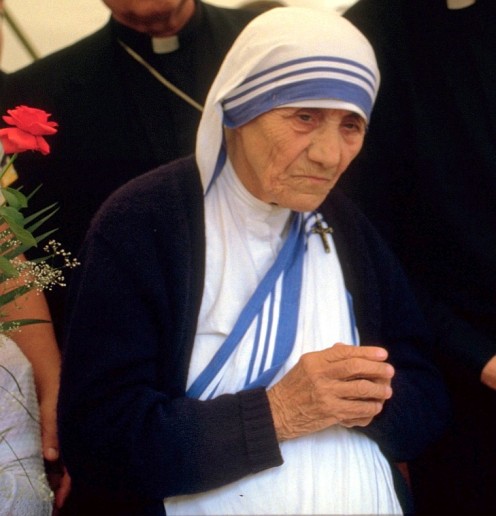
Mother Teresa (1910-1997)
Mother Teresa is one of the most respected and fascinating women of modern history.
Mother Teresa inspired many millions across the globe to help the people who need help regardless of status or race.
She not only helped the poor but also established homes for the dying (Hospices) throughout India and people of all statuses and religions were accepted into her homes to receive medical attention and care. In addition to her medical facilities she also opened homes for lepers to receive care and homes for orphaned/homeless children which included not only care but an education they would not have gotten otherwise.
Mother Teresa was an incredible woman who lived her life giving aid to others, she was a woman who could move people with just a few simple words and had a strong sense of purpose in her life and work that touched all those around her and across the world.
Spread love everywhere you go. Let no one ever come to you without leaving happier-Mother Teresa
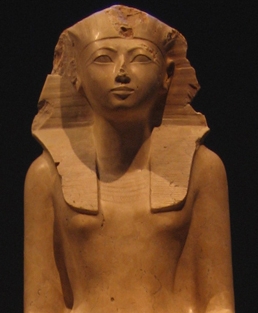
Hatshepsut of Egypt (Died 1458 B.C.)
Hatshepsut was the fifth Pharaoh of the 18th Dynasty and while not the first or last female Pharaoh and is largely considered by historians to have been one of the most successful rules of Egypt, male or female.
Hatsheput's's reign was much longer than other female Pharaoh's and much more prosperous for Egypt, while she did conduct limited military campaigns for expansion purposes early in her reign she focused heavily on international trade which enriched Egypt in a way not seen in a couple hundred years. The wealth Hatsheput generated in Egypt allowed for building on a nearly unprecedented scale that would not be rivaled by another culture for over a thousand years.
While there will always be debate about Hatsheput's's validity to rule, Hatsheput boosted her country's economy in a way only a handful of other rulers can claim and unlike her male counterparts had a mostly peaceful reign by engaging in only a few military campaigns in her 20 years of rule allowing the population of Egypt like the wealth to experience a healthy boom. As with Elizabethan England thanks to Hatsheput this was Egypt's "Golden Age".
“I have raised up that which was in ruins. I restored that which was destroyed.”-Hatshepsut
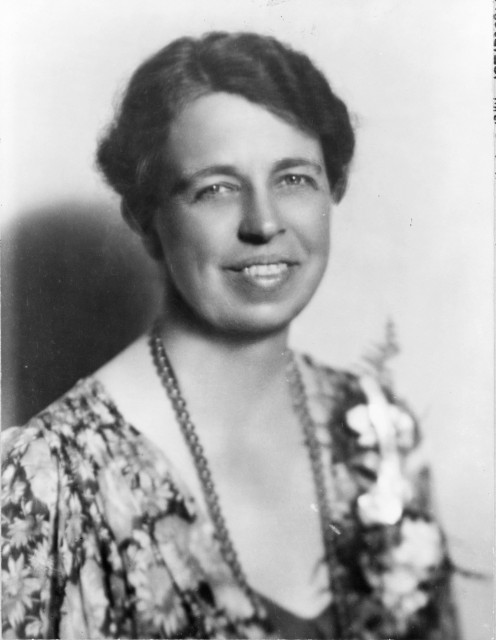
Eleanor Roosevelt (1884-1962)
Eleanor Roosevelt was an incredible crusader for human rights, she was not afraid to stand up to others or stand up for others.
Despite being born into a very well to do family Eleanor had a fairly mentally and emotionally abusive upbringing yet rose from that to become a crusader for African-Americans, women and children.
It is hard to overstate Eleanor Roosevelt's importance in modern history, not only in the United Stats but on the world stage as well. Historians rank her as the most significant First Lady by far and she was described by President Truman as the "First Lady of the World"
Eleanor Roosevelt demonstrated humanitarian efforts in many ways, she taught at a school she set up for poor children, ran factories for the jobless and was very active in improving welfare and rights of others. While her husbands administration set out to solve the nations problems on a very broad front, Eleanor stood out as the champion of those most likely to be left out especially African-Americans, women and children.
She left behind a legacy that many other First Ladies try to emulate but their efforts in comparison often fall flat because they are doing it for appearances while Eleanor helped others from her heart.
"No one can make you feel inferior without your consent"- Eleanor Roosevelt,

Benazir Bhutto (1953-2007)
Bhutto despite a turbulent life of imprisonment, torture and loss was the first woman to lead a modern Muslim state. She believed that leaders were there to serve the masses not themselves.
Bhutto campaigned for women's rights, and reformation of the educational system especially in regards to secondary education,and education for women and disabled persons.
She was assassinated after many turbulent years trying to help the people of Pakistan by those who did not want democracy or more rights for women.
Dr. S. Niazi's family frequently had Benazir Bhutto at their home, of her and her murder he said this, "Benazir Bhutto, the bravest of all, more steadfast than all the men in Pakistan put together, the voice of sanity, secularism and democracy was so shamefully silenced in Pakistan, devastating not only me and my country but the world."
Benazir Bhutto lived, suffered and died for the people of Pakistan, something they have not forgotten.
"You can imprison a man, but not an idea. You can exile a man, but not an idea. You can kill a man, but not an idea."-Benazir Bhutto
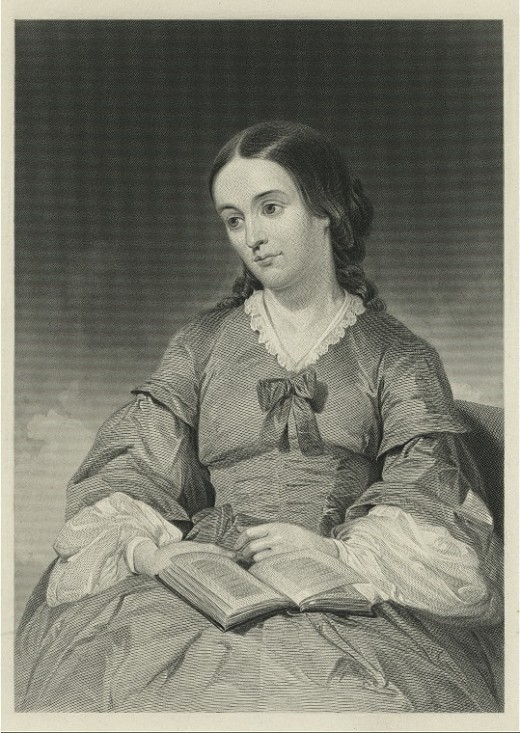
Margaret Fuller (1810-1850)
Margaret Fuller was an early feminist in the early to mid eighteen hundreds, her writings inspired later fighters of women's right such as Susan B. Anthony.
Fuller believed in the need for social reforms from women's rights, to education and the prison system, in particular she believed women had a right to a full education.
She hated slavery and campaigned for African and Native American rights believing that both groups had been treated unfairly. Fuller was a published writer who wrote extensively on women's rights, social issues like homelessness and the need for prison reform. Many of her ideas would be launching pads for later activists in the late 19th and early 20th centuries.
Unfortunately Margaret Fuller's full potential was never realized during her lifetime as she was killed in a transatlantic crossing when her ship wrecked on a return voyage to America from Italy, however she is an important figure who inspired many generations of freedom/rights activists that came after her.
Very early, I knew that the only object in life was to grow. -Margaret Fuller
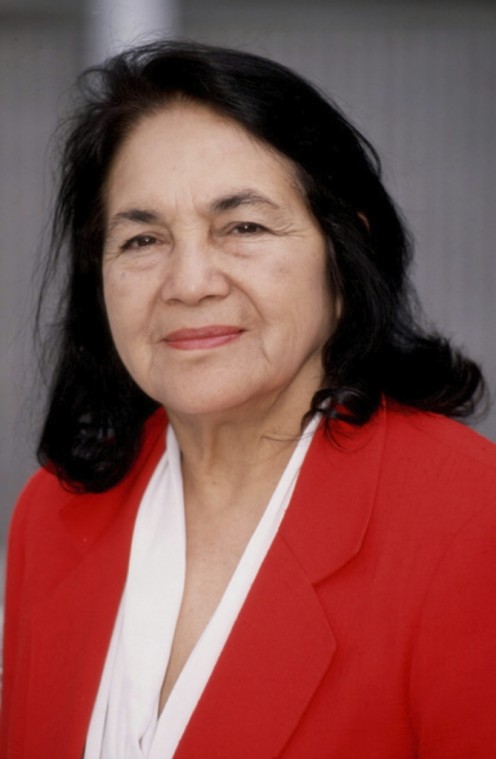
Dolores Huerta (1930– )
A spokesperson for the rights of workers and champion for workers’ rights and women’s rights, Dolores Huerta helped create the National Farm Workers Association.
Among other issues, she has fought for the right to a minimum wage, unemployment insurance, paid holidays, and retirement benefits for farm workers.
As a champion for workers’ rights Huerta was arrested over 22 times for non-violent civil disobedience stemming from strikes and other lawful protests, one of these arrests included a beating from police officers so severe that she had broken ribs and had to have emergency surgery to remove her damaged spleen. These arrests and the beating from officers did not deter her drive to improve conditions for laborers.
After her recovery from these injuries Huerta turned her attention to women’s rights and was as much a driving force for reform in this arena. Her work empowering women and encouraging reform of women’s rights saw a large increase in the number of female representatives at the local, state and federal levels of government.
"Giving kids clothes and food is one thing, but it's much more important to teach them that other people besides themselves are important and that the best thing they can do with their lives is to use them in the service of other people."- Dolores Huerta
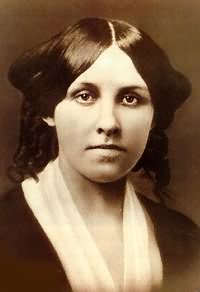
Louisa May Alcott (1832–1888)
Louisa Alcott is an author who produced the first literature for juvenile girls in the 19th century. Her most popular title, Little Women, which shaped several generations, was just one of 270 works that she published. In addition to her literary works Alcott was a social reformer, abolitionist and early feminist.
Despite the time Louisa Alcott lived in she taught free reading and writing courses along with her mother to African-American women and Irish immigrant workers and was a nurse during the Civil War where she contracted a undetermined disease working with the wounded.
Alcott died at the age of 55 from a combination of complications from use of mercury to cure typhoid and a long term condition now suspected to have been a autoimmune disorder.
Girls are so queer you never know what they mean, and they drive a man out of his wits just for the fun of it.- Louisa May Alcott
Popular
King for a Day? How About King for 20 Minutes? The Story of Louis XIX, the Shortest-Reigning Monarch in History
If Henry VIII Had Stayed Catholic What Would The Modern World Look Like Today?
Why do American's drive on the right & the British on the left? Why does only a quarter of the world drive on the left?

